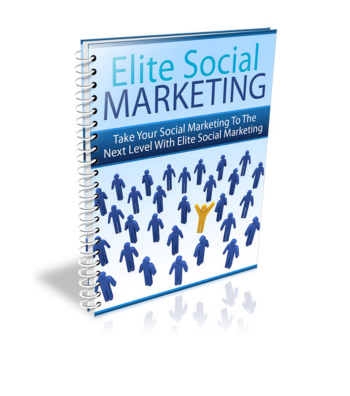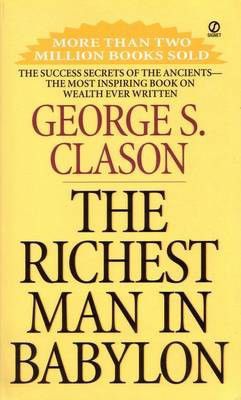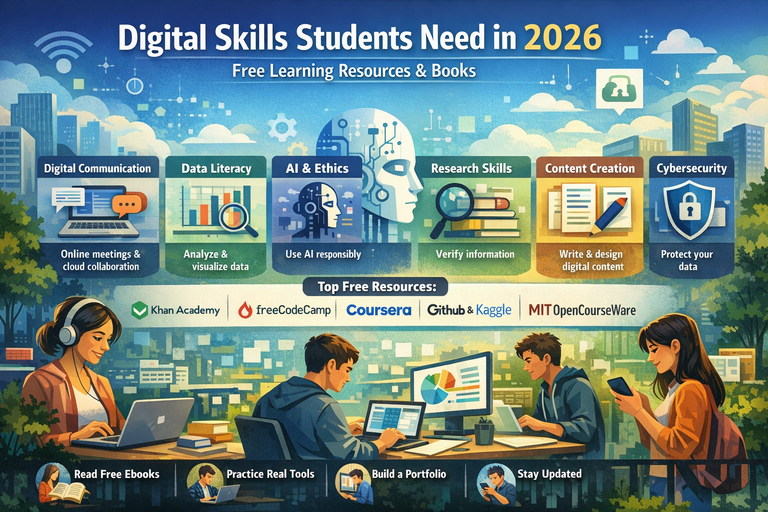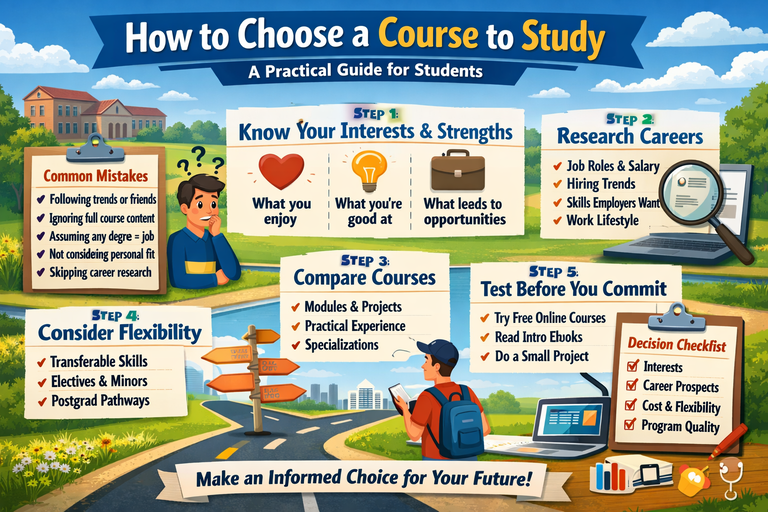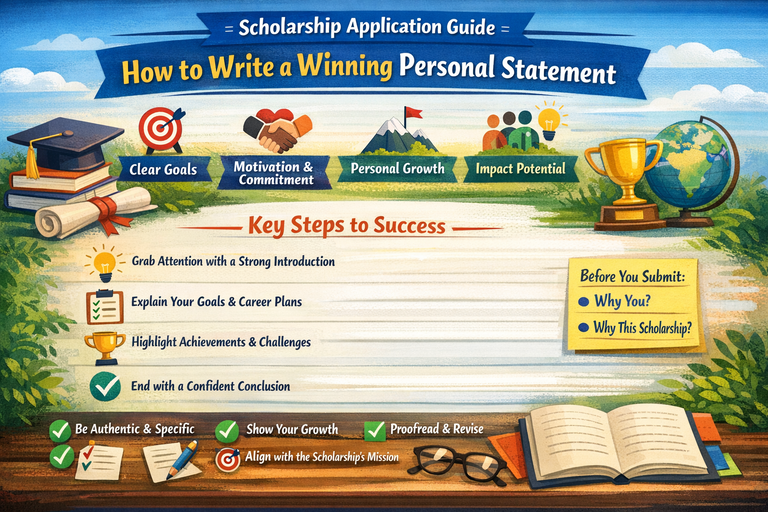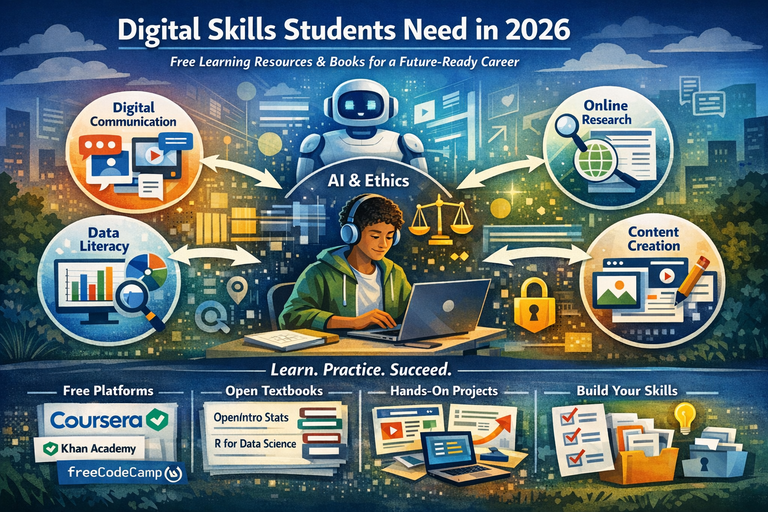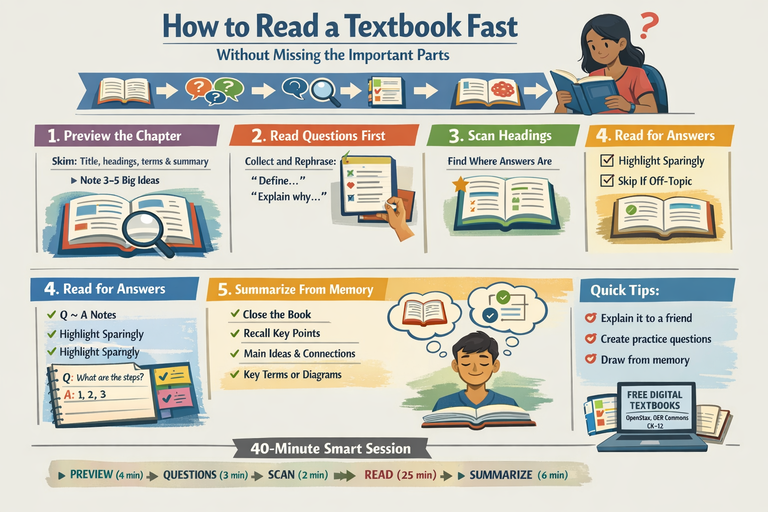The Role of Books in Shaping Political Thought
From revolutions to reforms, books have long been a powerful force in shaping political ideologies, inspiring movements, and challenging the status quo. In the quiet of libraries and the margins of well-worn pages, political thought has been born, debated, and transformed. The role of books in shaping political consciousness is undeniable—they don’t just reflect the world; they help to reimagine it.
At Junkybooks, we believe that the written word has always been at the heart of political change. Whether it’s a theoretical treatise, a fictional allegory, or a memoir of resistance, books have the ability to influence not only the individual reader but entire generations. In this blog post, we’ll explore how literature, both fiction and nonfiction, has played a critical role in shaping political landscapes throughout history—and continues to do so today.
Books as Catalysts for Change
The impact of books on political thought often begins with disruption. When ideas that challenge existing power structures are printed and distributed, they can awaken awareness and ignite resistance. Consider "Common Sense" by Thomas Paine—a slim pamphlet that argued for American independence from British rule. It wasn't just persuasive writing; it was revolutionary in its timing and accessibility. It reached the masses and articulated what many were feeling but couldn't yet express.
Similarly, Karl Marx and Friedrich Engels’ "The Communist Manifesto" has been perhaps one of the most influential political texts in modern history. It introduced and unified workers under the idea of class struggle, reshaping the global political landscape and inspiring a range of leftist ideologies and movements across the 20th century.
These books didn’t merely present political theories; they offered frameworks for action. They took abstract concepts—freedom, equality, revolution—and made them personal and urgent.
Fiction as Political Commentary
While manifestos and essays are obvious vehicles for political ideas, fiction can be just as potent. Books like George Orwell’s "1984" and Aldous Huxley’s "Brave New World" explore authoritarianism, surveillance, and the manipulation of truth. Though fictional, these dystopias provide chilling reflections of real-world political dangers. Orwell’s concept of “Big Brother” or Huxley’s chemically pacified citizens continue to inform discussions around civil liberties, state power, and media control.
Margaret Atwood’s "The Handmaid’s Tale" has also become a cornerstone in feminist political discourse. Its depiction of a theocratic, patriarchal regime strips away rights we often take for granted, showing how fragile they can be under totalitarian rule. It’s a narrative warning about the erosion of freedoms, especially those related to gender.
Fiction allows readers to experience political scenarios emotionally and viscerally. It doesn’t just teach ideology—it makes us feel its consequences.
Political Biographies and Memoirs
The personal narratives of politicians, activists, and revolutionaries offer insight into the political process and the human struggles behind it. "The Diary of Anne Frank" may not seem like a political document, but it has profoundly influenced how generations understand the Holocaust and the importance of tolerance, human rights, and speaking out against injustice.
"Long Walk to Freedom" by Nelson Mandela is another monumental example. His autobiography traces his journey from rural South Africa to prison and eventually to the presidency. It’s a story of endurance, principle, and transformation that has inspired countless others to believe in the power of nonviolent resistance and democratic reform.
These books remind us that politics isn’t just policy—it’s personal. It’s lived and felt. By walking in the shoes of those who’ve shaped history, readers gain empathy and perspective they might not get from news headlines alone.
Books That Question Authority
A central role of politically charged literature is to question who holds power—and how they use it. From the totalitarian critique in "Animal Farm" to the anti-colonial reflections in Frantz Fanon’s "The Wretched of the Earth", books challenge us to scrutinize authority and understand the mechanisms that uphold systems of oppression.
Noam Chomsky’s political writing, including "Manufacturing Consent", deconstructs how governments and media manipulate narratives to serve elite interests. Such books help demystify the political machine, encouraging readers to be more critical of the messages they consume.
Even works like "To Kill a Mockingbird" by Harper Lee subtly confront racial injustice within legal and societal systems. Atticus Finch’s defense of a wrongfully accused Black man becomes a lens through which the reader sees institutional racism and the importance of moral courage.
Education and Empowerment Through Reading
Books play a crucial role in political education. They provide historical context, explain economic systems, and present case studies of nations in turmoil or triumph. Students in political science or law may first encounter ideas of democracy, fascism, socialism, or liberalism not in classrooms but in the pages of accessible books that break these concepts down for the public.
Texts like "Democracy in America" by Alexis de Tocqueville or "The Republic" by Plato aren’t just academic—they form the intellectual backbone of Western political philosophy. Meanwhile, authors like bell hooks, Angela Davis, and James Baldwin have blended political thought with cultural critique, offering powerful narratives about race, gender, class, and resistance.
In the digital age, books remain one of the most accessible and portable forms of political learning. A single volume can contain centuries of accumulated wisdom—or a radical new idea waiting to take root.
Modern Political Books and Their Influence
Today, the influence of books on politics continues—only now it moves even faster thanks to social media and online discourse. When Michelle Obama’s "Becoming" was published, it wasn’t just a bestseller—it became a cultural moment. Readers engaged in discussions about leadership, identity, and civic responsibility. Her story humanized political life and inspired many, especially women and young people of color, to see themselves in leadership roles.
On the other hand, books like "Hillbilly Elegy" by J.D. Vance sparked national conversations about class, poverty, and voting patterns in rural America. These narratives shape how people understand communities they may never experience firsthand, and influence policy debates.
Books continue to reach across the political spectrum, offering new interpretations of contemporary events and laying the foundation for the political narratives of tomorrow.
The Responsibility of the Reader
Books open minds, but it’s up to the reader to engage critically. Not every political book aims for objectivity—some are written with clear agendas. This isn’t inherently a problem; advocacy and passion drive great writing. But to truly grow politically through reading, it’s important to diversify the bookshelf. Challenge your own assumptions. Read opposing viewpoints. Dig into history before forming opinions on the present.
Great political readers don’t just absorb—they question, connect, and contextualize.
Final Thoughts
At Junkybooks, we celebrate the power of books to change not only individual minds but collective futures. Political thought is not born in echo chambers—it thrives in dialogue, debate, and diverse perspectives. Books are our oldest and most effective tools for preserving that discourse.
They preserve history. They imagine futures. They dismantle illusions. They hold up mirrors. Whether they inspire revolution or reflection, books remain central to the political process—not just in policy halls but in living rooms, coffee shops, classrooms, and anywhere ideas are shared.
So the next time you open a book—fiction or nonfiction—ask yourself: What vision of the world does this offer me? You might find your politics not in a politician’s speech, but in the quiet truth of a well-told story.


